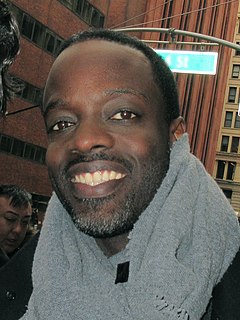A Quote by Shirley Geok-lin Lim
Sometimes the taproot and the vines are far apart. Like English and the Asian poem.
Related Quotes
The subject of the poem usually dictates the rhythm or the rhyme and its form. Sometimes, when you finish the poem and you think the poem is finished, the poem says, "You're not finished with me yet," and you have to go back and revise, and you may have another poem altogether. It has its own life to live.
The Chinese Student Association at Cornell put together their own play. It was all Asian people in the cast except for me, because they wanted to do a couple of scenes about an interracial relationship. I was the only non-Asian person on stage; the entire audience was Asian apart from my 10 friends that showed up.





































